19 Thrifty Tips for Prepping on a Limited Budget – Simple Family Preparedness

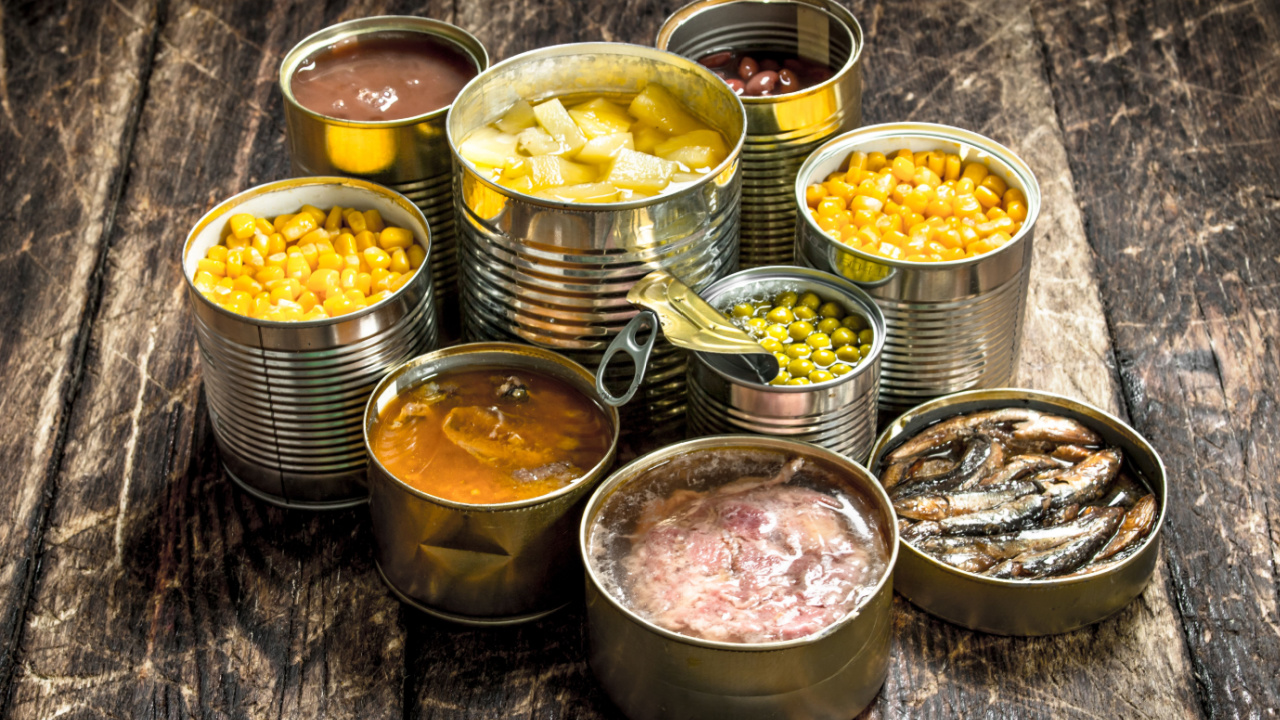
Whether you like being prepared for whatever may come in the future or recent events inspire you should something happen, prepping appeals to many different demographics. Of course, those who have substantially less money than the ones who appear on television building and stockpiling multi-million dollar bunkers might feel like they’re out of their league and unable to begin prepping.
The reality? Anyone can begin prepping, even if you’re operating on a limited budget. While you might not be able to emulate some of the more extreme preppers out there, you can still make sure you have what you need in case of an emergency.
In this guide, we’ve scoured the web for some of the top tips from seasoned preppers who have found ways to make their budget work for them. With that in mind, here are 19 thrifty tips for prepping on a limited budget.
Non-perishables are among some of the cheapest supplies you can get your hands on, regardless of whether you’re looking to stock up on canned meat, beans, vegetables, or even bulk packages of rice.
You can start prepping by stocking up on these items for very cheap, helping you increase the amount of food you have available during emergencies. For example, you can shop sales or at discount grocers to get these items for much less.
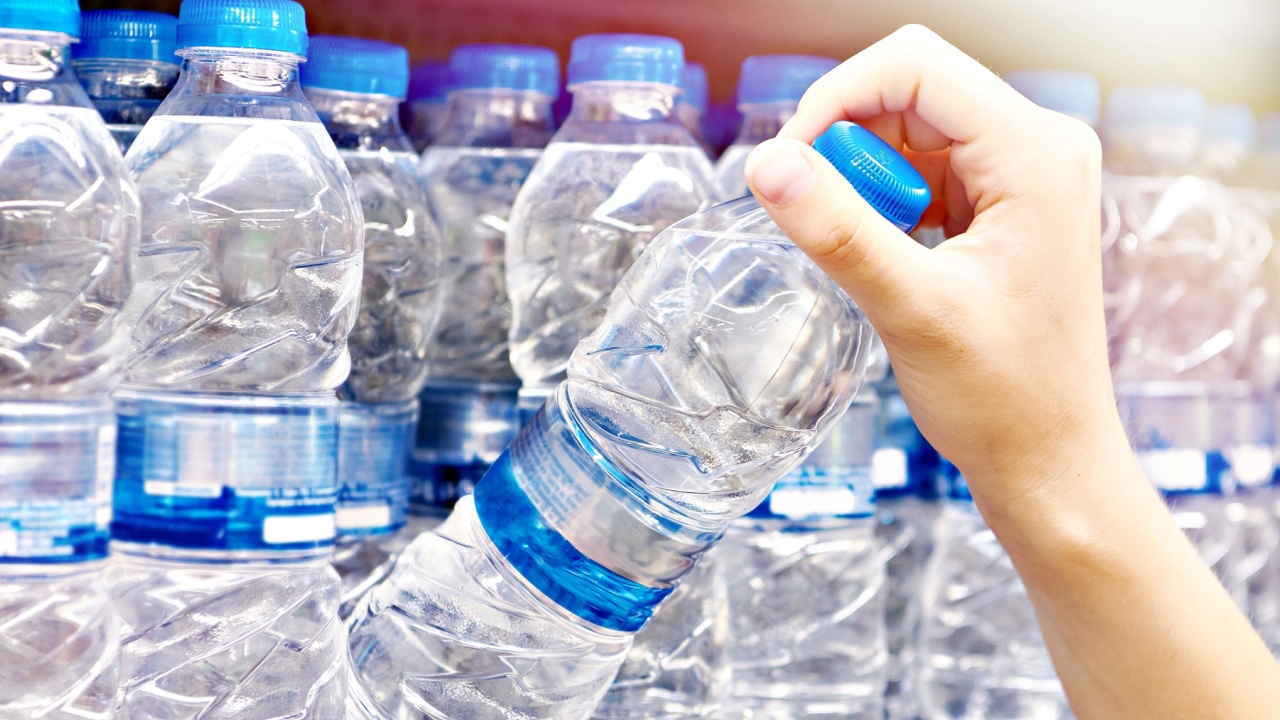
It’s easy to see special prepping packs of water and buy them, thinking you’re getting the best possible deal. But more often than not, you could easily fill up on water via cheap water bottle packs or gallons offered at your local grocery store.
If you go this route, always purchase store-brand water to save more money. If you wish to be more frugal, you could fill up at home or use gallon bottle refill centers that may be offered at your grocery store. Also consider stocking up at warehouse clubs, where the price per pack is usually much less than at the grocery store.

First-aid kits can be convenient, but they are rarely the most cost-effective option when trying to stock up on essential emergency supplies. In fact, buying the things you need in bulk will allow you to have more on hand.
This may include painkillers, bandages, gauze, and more. Once you’ve built up a collection, you’ll find that you can put together your own first-aid kits for much cheaper than most brands charge.

Are you paying a lot of money for things like laundry detergent and soap? If so, this tip benefits you in two ways. Learning to make your own household essentials like these two examples makes it easy to start putting away extra that you may need to access in the event of an emergency.
Not only are these items cheap to make, but learning how to make them could be a valuable prepping skill that could greatly benefit you later.
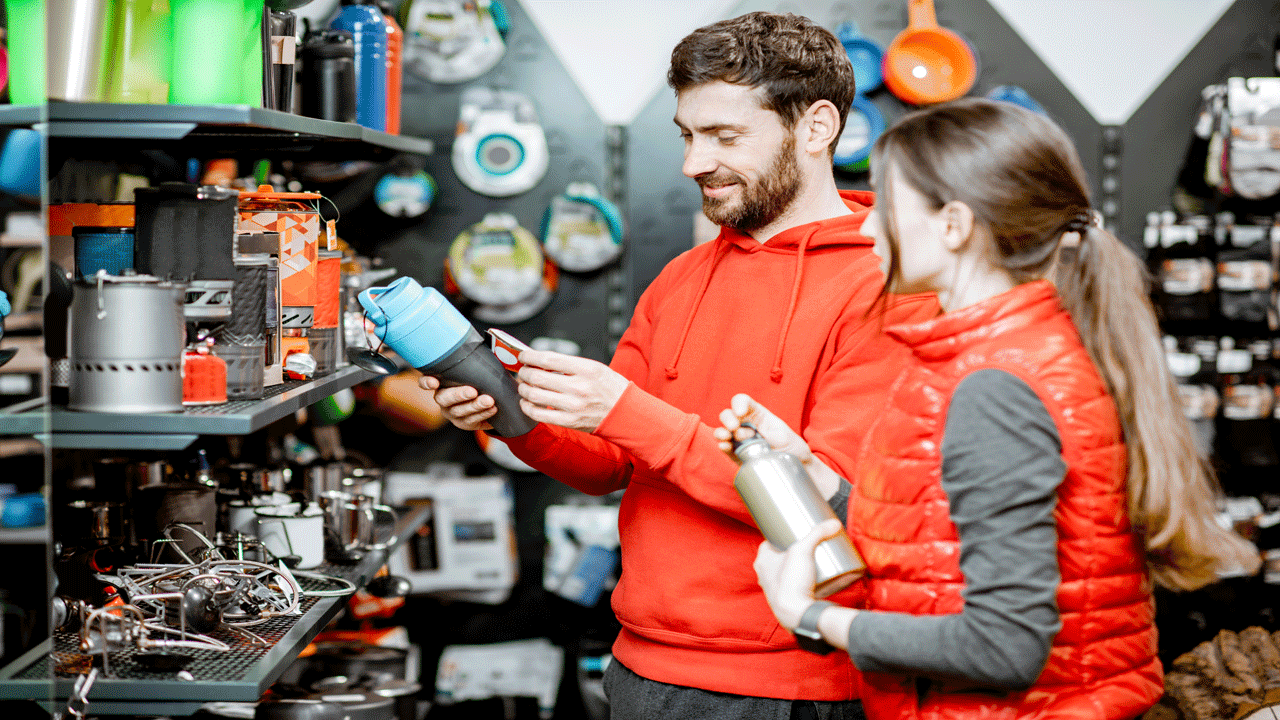
Some items, like portable grills or tents, will cost more. However, these items are important to have on hand if you need to leave your home or if you’re building an emergency kit for camping.
However, they can also be some of the more expensive items on your list. Always shop for these items during the holidays or at the end of the season when retailers slash prices to get rid of excess inventory. Getting everything on your list might take longer, but your budget will thank you!

Nothing’s better than saving a few bucks on prepping materials during a sale. But sales aren’t the only way to prep on a limited budget. Rebate platforms like Rakuten and store reward programs can help you access discounts that you might not otherwise be able to access.
This may make some of your larger items more affordable or help you get even steeper discounts on necessities.

Prepping isn’t always about what you have. Sometimes, it’s about what you know. Growing your own food is a very budget-friendly skill to develop, as seeds often cost next to nothing. Once your crops arrive, you can store them so you have reliable food to fall back on should you face a disaster.
Learning to grow your food is cheap, mostly easy given how much information and support is out there, and invaluable in the face of a serious development.

Are you looking to learn more prepping and emergency response skills but don’t want to spend hundreds of dollars? Don’t worry. You can easily spend no money at all to become better at prepping.
From free CPR classes offered at your local community center to knowledge and courses at your local library, there’s always a way to learn more information you may need during an emergency without breaking the bank.
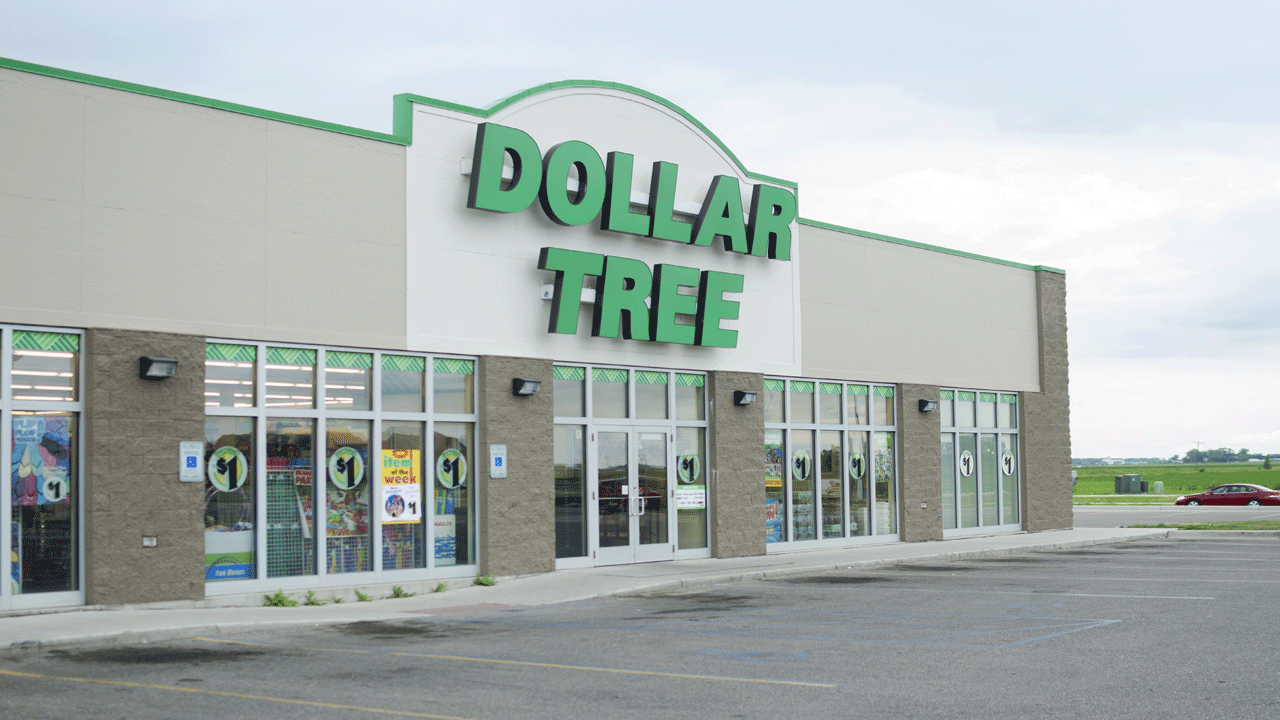
Dollar stores often get a bad rap, but they’re the best friend of any prepper on a budget. Beyond some of the more obvious goods you can find here, like food, dollar stores often have essentials like batteries and flashlights, disposable utensils, and small tealight candles.
Don’t let people tell you that budget-friendly items are any less than fancier gadgets. In an emergency, anything and everything you can afford will be helpful regardless of how much you spend on it.

Community is everything. These are the folks you can depend on when something happens, and they’ll know that you can depend on them, too. Networking is entirely free, and you will likely find people with different skills who can offer something unique to the whole group should a natural disaster strike or your city face a major economic problem.
When you have people you know you can rely on and have something to offer them they’ll need, you can rest a bit easier at night.
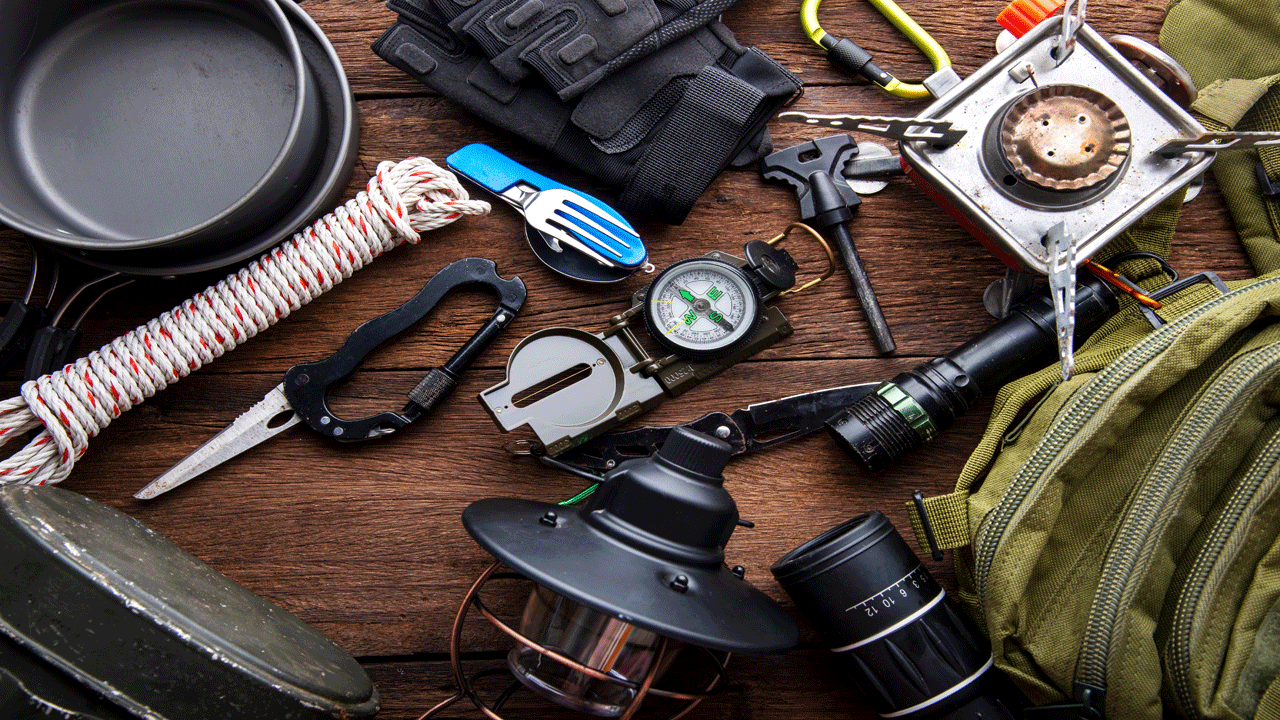
So far, we’ve talked about how individual items are often much cheaper than some prepping kits you’ll find in the wild. For the most part, this is true. However, there can be some good deals worth looking into. Let’s imagine that you want to be prepared for the worst while you’re out camping.
Prepping with a very cheap three-day meal kit or with a survival kit with essential tools can be a good way to save money and get what you need. Just make sure it’s a good deal rather than something that looks cheap but could be replicated for much less by you.

Some people feel they need to prep for the end of the world, and that’s why they get overwhelmed and think they don’t have enough money. The best way to prep on a limited budget is to start small. Think about events more likely to happen where you live, like losing your income, a fire in the home, or a serious earthquake.
Then, create a bug-out bag filled with the essentials and only the essentials. When you understand what you’re prepping for and know you don’t need a bunker or state-of-the-art defense systems, you take a lot of stress away.

Cash is king, especially in an emergency. In months when you may feel like prepping without having to go out and do something, just set aside the cash you’d otherwise be spending on different prepping goods.
You’re still spending the same amount of money, but now you have physical cash within reach if needed.

Dollar stores can be an excellent resource for things like food but not so much for other essentials like clothing or backpacks. This is where thrift stores come in. Shopping at thrift stores for the aforementioned items can help you save a ton and get better-quality items, too.
Consider going to smaller thrift stores. The rising trend in thrift shopping has resulted in many bigger thrift store chains charging more for items to cater to these customers.

Too many preppers will start pouring their money into top-of-the-line equipment, vehicles, and properties they can’t afford because that’s what they feel is most effective. Instead of focusing on what others are doing or trying to cover your potential bases, focus on the most essential categories like food, water, shelter, clothing, personal hygiene, and health products.
When you focus on only what you absolutely need, prepping is within your budget.
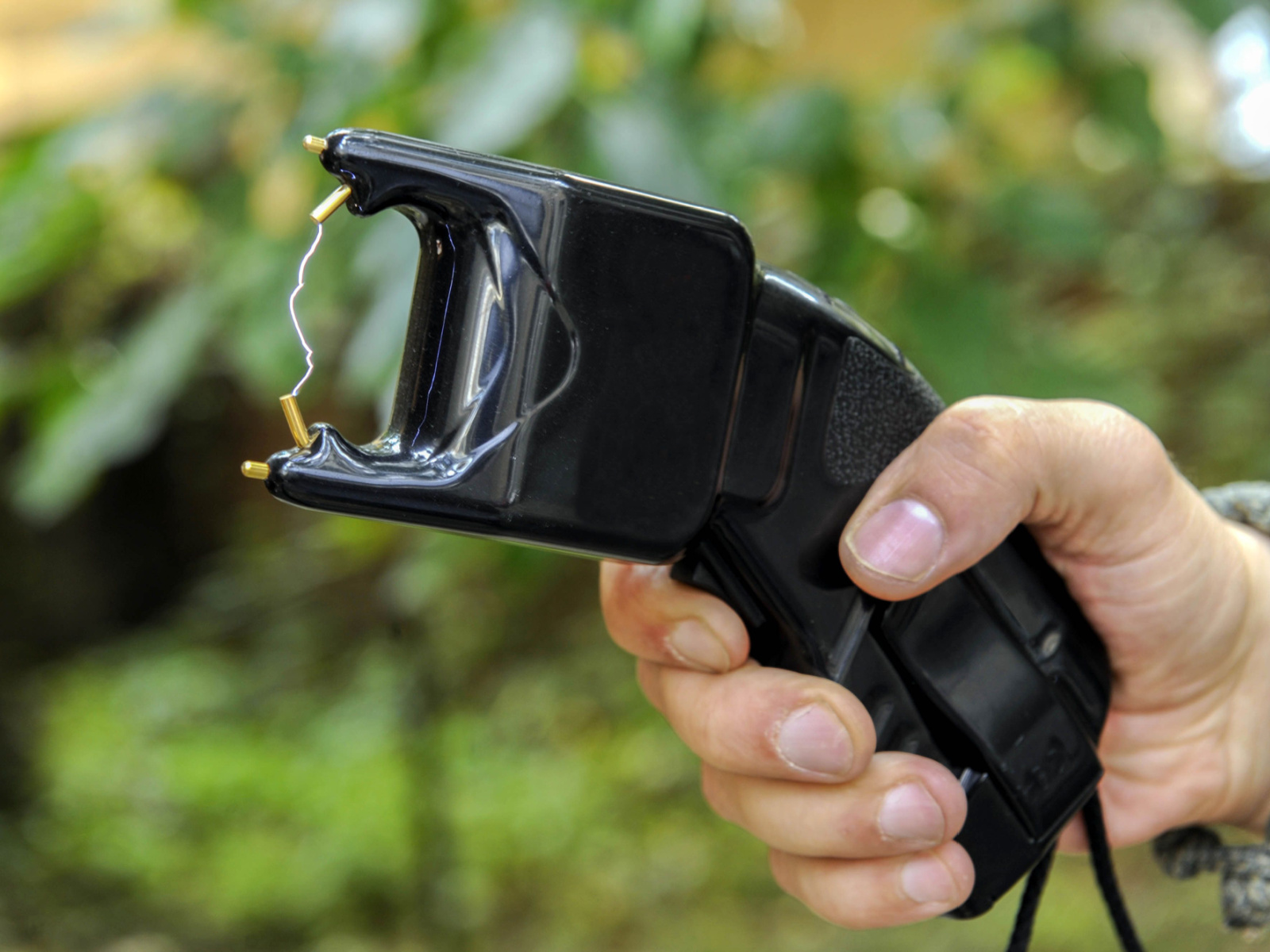
Protection is essential for any prepper, regardless of whether you defend yourself against human threats or animals. The most affordable options are small defense items like knives, mace, and tasers.
Over time, consider investing in a pistol and ammo, which can be quite affordable if you play your cards right.
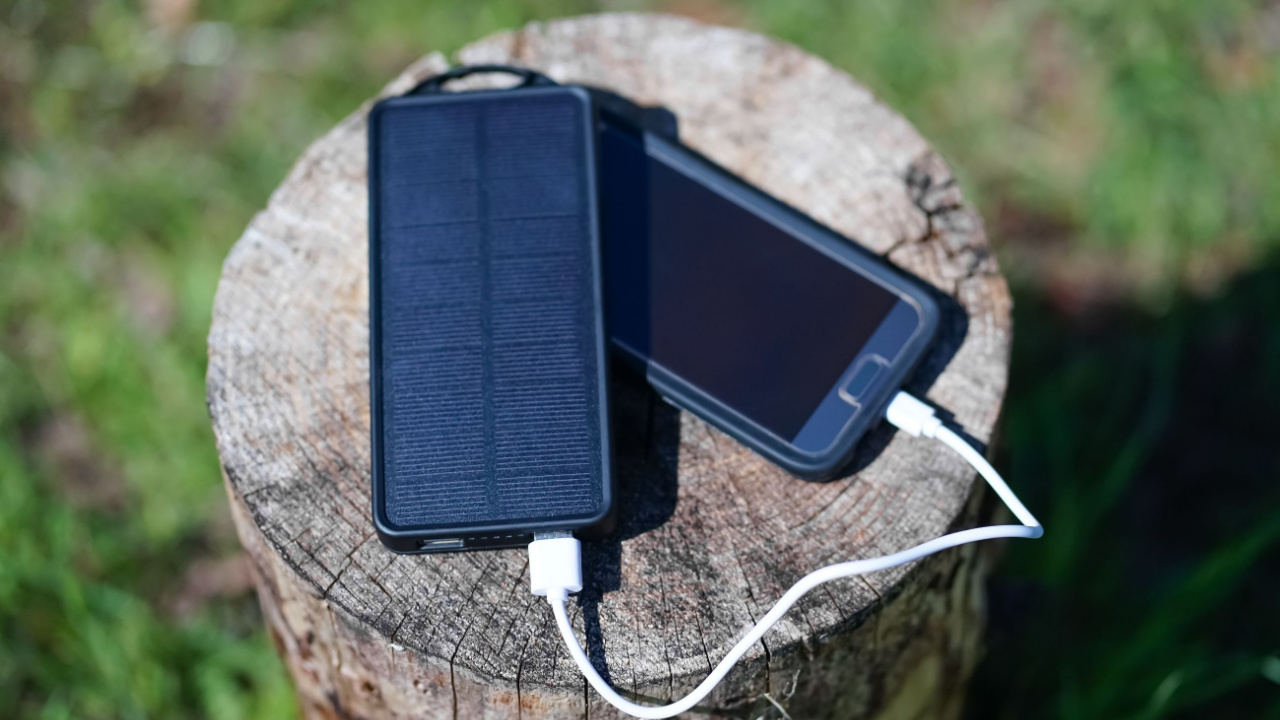
Access to power when power grids are down can make a world of difference in your experience should you encounter a natural disaster or another problem requiring you to kick your prepping skills into high gear. While flashlights can suffice, you still might need other resources to navigate basic activities in your daily life.
While large solar panels and complex setups may be out of your budget, a small solar-powered generator is well within your budget and can provide much-needed electricity for larger pieces of tech.

Investing a bit of money into goods that others might be willing to trade you for is something that many experienced preppers focus on. These items can be cheap and may include batteries, coffee, seeds, and more.
Set aside money for cheap items that other preppers or those unprepared might find valuable.

Looking for a strategy to help you build up your prepping stock? Every time you go to the store and purchase something that you would add to your collection of prepping items, buy one more of that item and tuck it away for safekeeping.
It’s a slow process, but you’ll slowly stock up on necessities without ever going over your small budget.

We sadly live in a society where it’s all too common for criminals to want to take what we’ve worked hard to get. The results of a break-in are traumatic, too. Beyond just losing your stuff. Victims often feel violated, anxious, and unsafe, sometimes for years after the event.
Prevention is the best way to stay safe. And, while you shouldn’t have to turn your home into a fortress, that’s the stark reality of our world. But you can take plenty of simple steps to deter burglars and ensure your home is less attractive to would-be thieves.
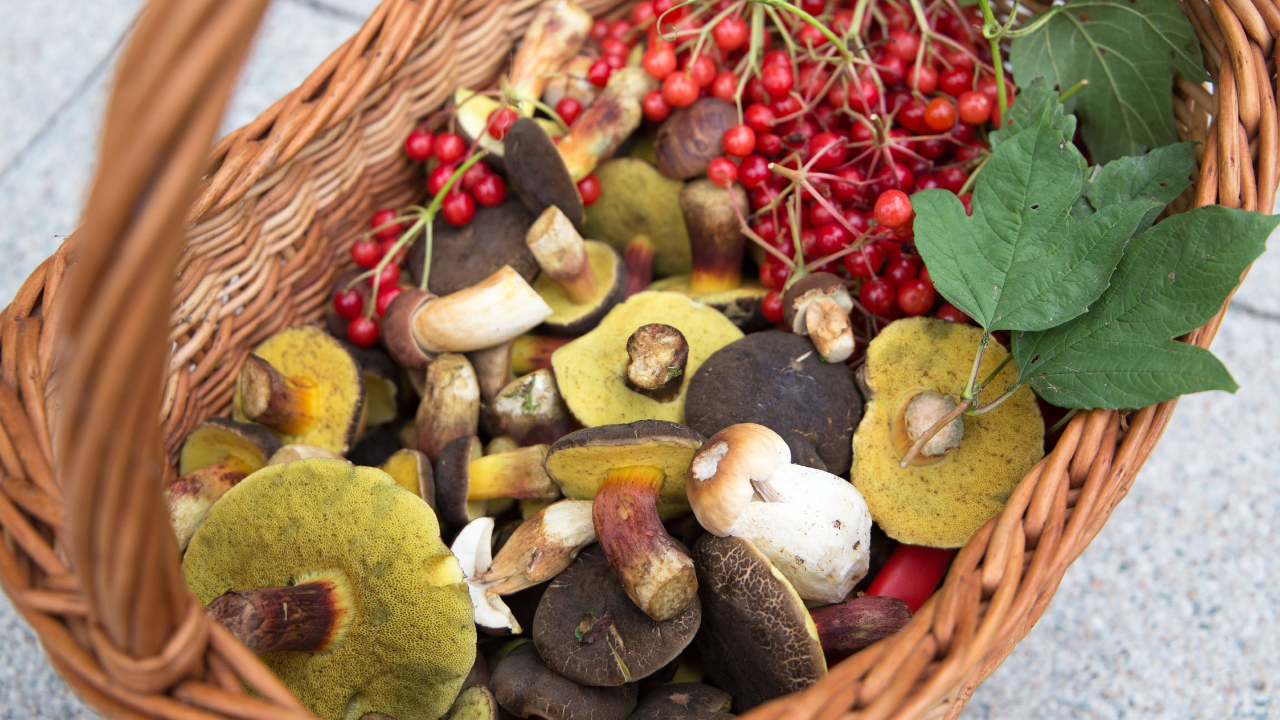
With food prices going up by 15% from October 2021 to October 2023, finding ways to cut down your grocery bills is more important than ever. Winter foraging is an awesome way to add to your pantry for free. Yes, you get free food in the form of wild edibles, but it’s also fun for the whole family, gets you moving, and reconnects you with nature.
Even though foraging in winter seems hard compared to the bounty of late summer, there’s still plenty out there if you know where to look. Plus, if things do go south, you need to know how to get wild foods to survive when there are no old-world supplies to access.
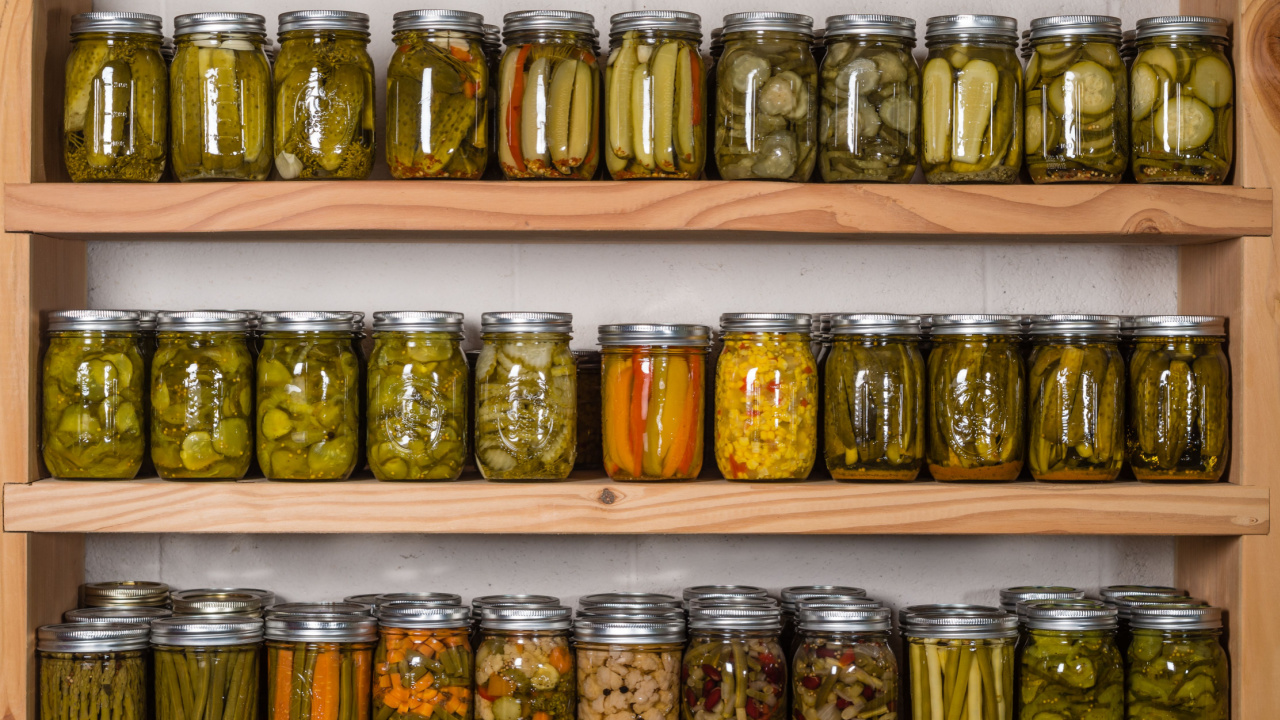
Preserving food is an art as much as it is a science, tapping into our ancestral roots and addressing modern needs. Whether you’re looking to avoid waste, prepare for leaner times, or simply enjoy the fruits of your labor year-round, these 23 smart methods will guide you through. I’m a huge fan of preserving things I find on sale, gluts of produce from my homestead, or produce I’ve bartered with someone else.
